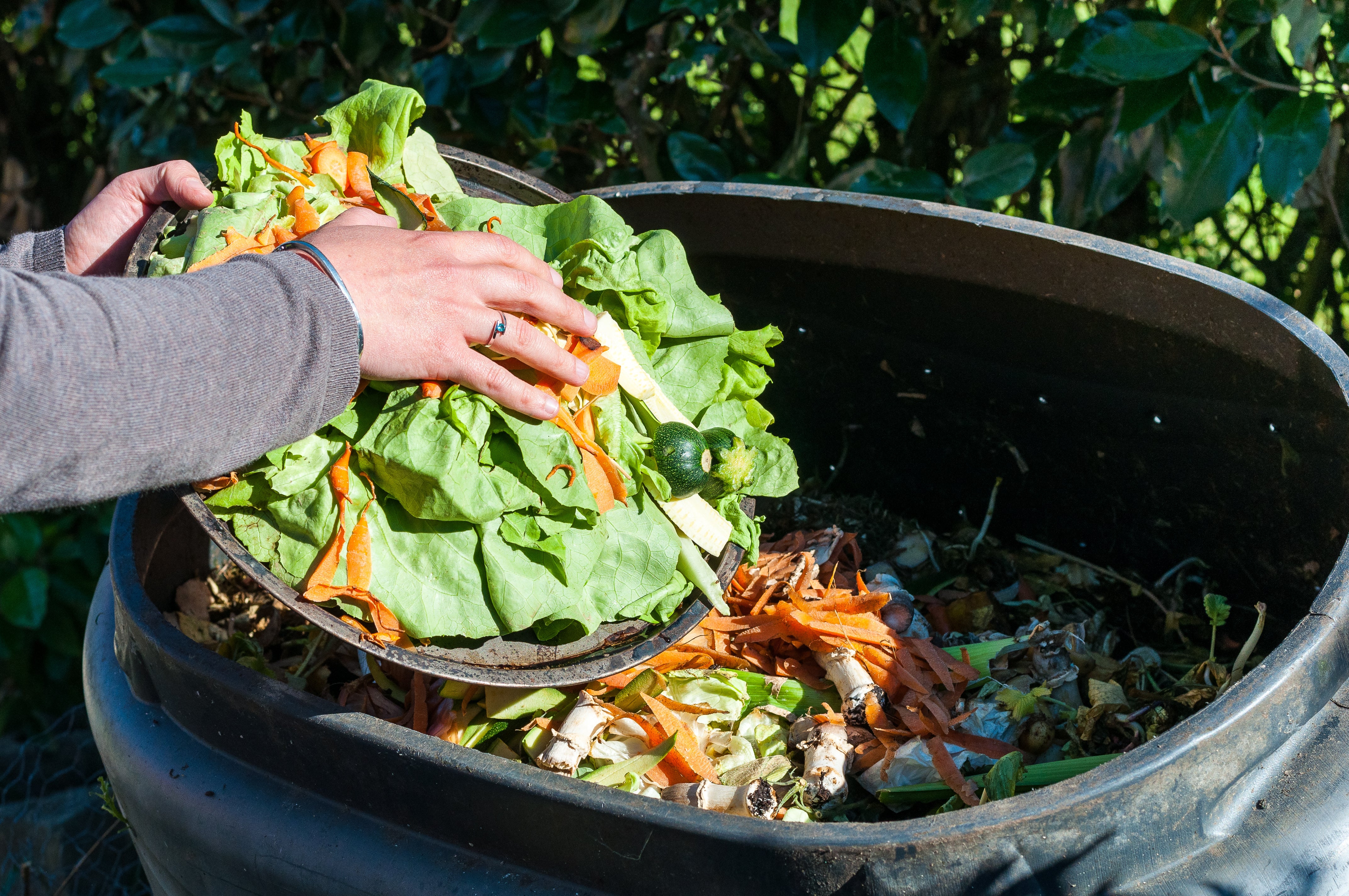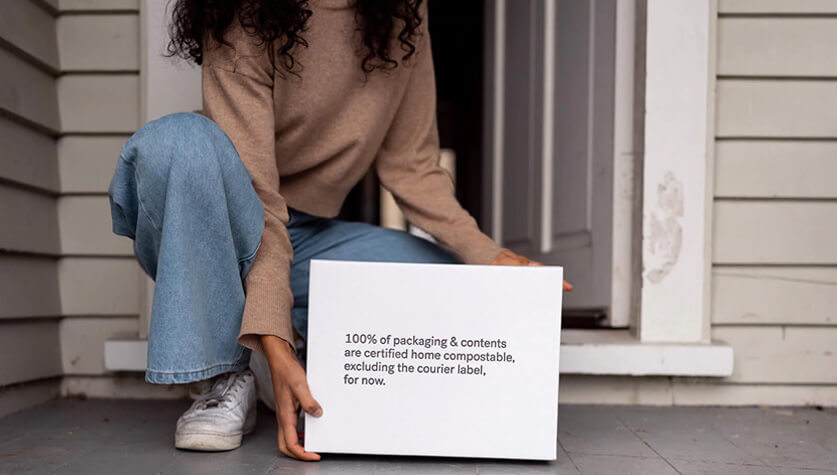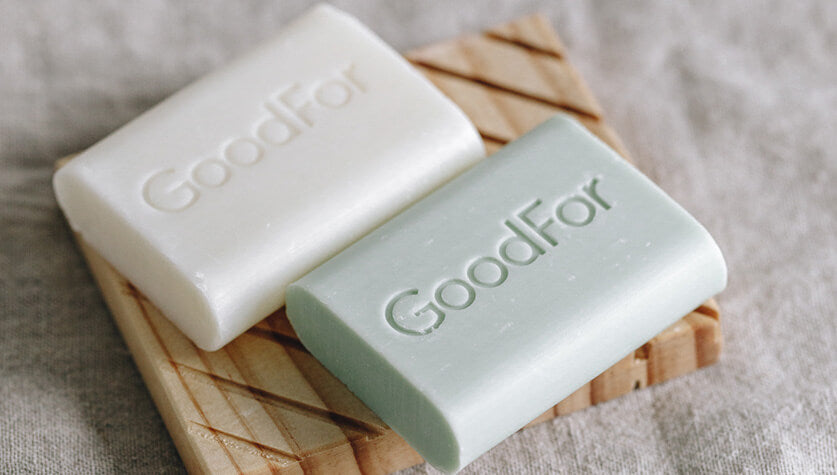The GoodFor Guide: How to Compost
What is compost?
Compost is organic matter made from decomposed materials (including food scraps, compostable packaging and garden trimmings) that has broken down through being exposed to air and water, creating a nutrient rich, soil-like mixture that is great for gardening, farming, landscaping and potting plants.
Composting your waste is one of the best things you can do for the environment. Not only does composting divert waste from landfills, which reduces the amount of methane emissions seeping into the air, it also helps to create nutrient-rich soil for growing a wide range of plants and crops.
Ways to Compost
There are two different ways to compost - Commercial Composting & At-Home Composting.
To commercially compost, you collect items that qualify and send them away to be composted at a facility. To compost at home, you collect compostable items together in a composting box in your backyard (or perhaps on your deck if you're living in an apartment), monitor the breaking down process and then retrieve the compost to use as a soil fertiliser throughout your garden.
How to Commercially Compost
Some cities offer composting services the same way they do rubbish or recycling pick-ups, so check with your local waste authority to see if it’s something that is offered. If you're in Auckland, the fantastic team at Compost Collective run Share Waste NZ where you can sign up to connect with people near you with a compost system. Another incredible company is We Compost which operate a collection service for compostable waste from commercial customers around Auckland, check out their website here.
Other places you might find commercial composting include:
-
Local Farmer's Market.
-
Schools.
-
The building you work in.
-
If none of the above, a little Google of “composting services near me” will hopefully provide you with options of organisations that provide compost pick-up and/or drop-off.
Depending on the service provider, what is accepted for commercial composting will vary. It’s safe to expect that most commercial composting services will collect all plant-derived items like fruit and veggies, sticks, garden clippings etc. Even paper-based items like coffee filters, tea bags and napkins will likely be accepted. Where commercial composting might vary more is whether or not they also accept animal matter like bones and dairy. Be sure to read up thoroughly on your service!
Whether you bring your compost to be dropped off or it’s picked up, aim to collect it together then transport it in a compostable bag, such as a paper grocery bag.

Image credit: compostcollective.org.nz
How to At-Home Compost
Find a dry shady place outside to start building your compost pile or bin, ideally not too far from a water source like a tap or hose. Your at-home compost could be a big empty bin or simply a small patch of your garden.
To compost effectively you also need the components of green matter (fruits, veggies, grass clippings etc.), brown matter (egg cartons, shredded paper, cardboard scraps, twigs, dirt etc.), water and air. Get this mixture, and you’re good to go!
Any plant or animal based product is compostable, though it’s not recommended to compost meat, dairy or fish scraps at home. Anything else from your old bamboo toothbrush or dish brush handle, to used matches, to hair from your hair brush, to stale corn chips are all at-home compostable.
It can take anywhere between two months to two years for items to fully break down. Wetting the pile and stirring periodically with a shovel will encourage the items to break down.

 GoodFor
GoodFor


